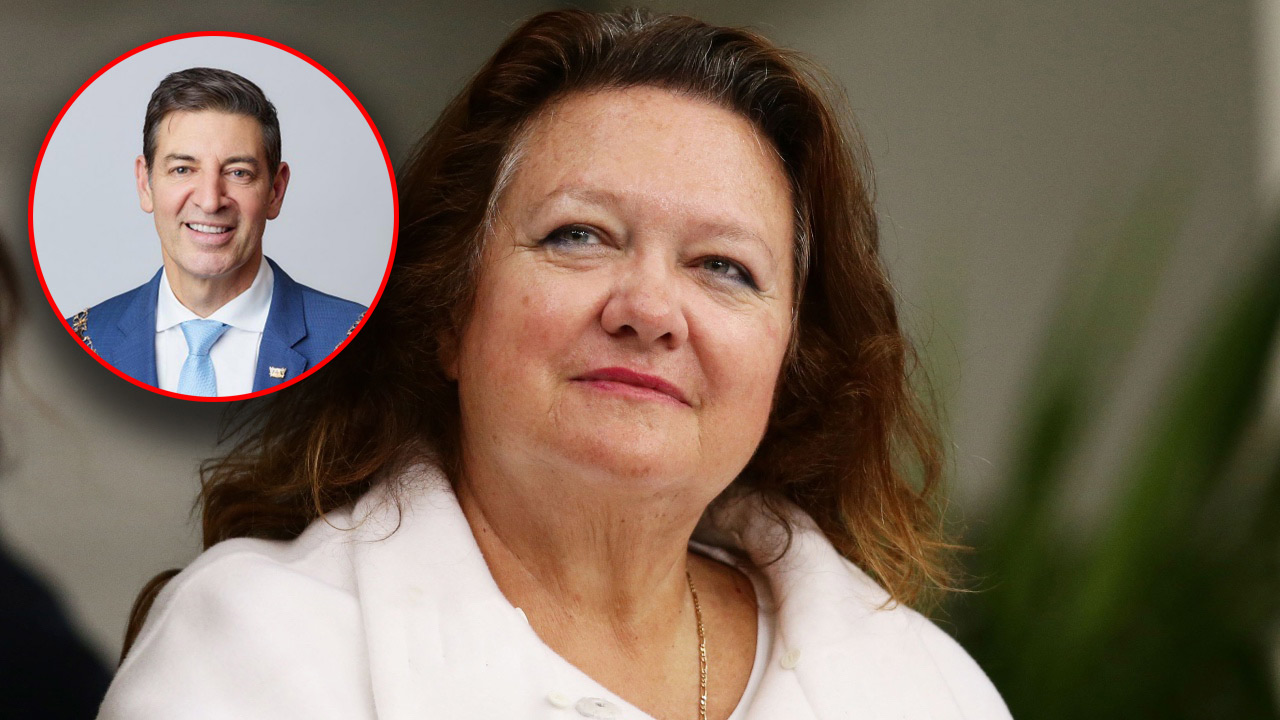“Coast-to-coast”: Rinehart's radical plan to save the Commonwealth Games

The 2026 Commonwealth Games has faced grim uncertainty ever since the Victorian government withdrew its commitment to host the event, leaving Australia in a precarious situation.
However, a new and radical proposal by Australia's wealthiest individual, Gina Rinehart, supported by Gold Coast Mayor Tom Tate and Perth Lord Mayor Basil Zempilas, suggests a unique solution to save the Games. Rinehart's proposal involves hosting the event in two cities at opposite ends of the country – the Gold Coast and Perth.
The initial plan by the Victorian government to host the Games across multiple towns in regional Victoria was abandoned due to the reported $4 billion price tag. This decision left Australia without a host city for the 2026 Games, and no alternative has been proposed since. Additionally, the withdrawal of support from the Canadian city Alberta for the 2030 event further complicated the future of the Commonwealth Games.
Now, in a letter addressed to Prime Minister Anthony Albanese, Rinehart, Tate and Zempilas have suggested a bold coast-to-coast approach for the Commonwealth Games.
The idea is to utilise existing facilities in the Gold Coast and Perth, with each city hosting a week of the Games. The proposal aims to showcase Australia on a national scale, providing a unique background for discussions with Commonwealth heads.
“We believe that a coast-to-coast Games presents a special opportunity to showcase Australia and provides an excellent background for you to invite those heads of the Commonwealth you may wish to have further discussions with, and/or entertain,” the letter reads. “A background where Australia pulls well above its weight, and shines!”
While the proposal has gained support from key figures, including Rinehart's assertion that it would not be too difficult to execute, some critics have raised practical concerns. Melbourne radio host Tom Elliott expressed skepticism about the feasibility of a dual-city approach, citing the vast distance between the Gold Coast and Perth, which is over 4000km.
“You could not pick two cities in Australia that are further apart from each other," Elliott said on his 3AW radio talk show.
He also questioned the logistical challenges, such as the need for two athletes' villages and the movement of officials and volunteers between the two cities: “To have a Commonwealth Games split between the Gold Coast and Perth, I just think is utter madness... The idea is that they do the first week of events on the Gold Coast and the second week in Perth. But think about it – unless every official and volunteer moves between the Gold Coast and Perth – and where would you put them all? They effectively have to recruit all the people again just to make the Games run. You’ve got to build two athletes villages. It’s just such a dumb idea.
“I think we need to accept, as sad as this is, that the era of the Commonwealth Games is over. Not that many people watch it, not that many countries compete in it, it doesn’t make any money – that’s the reason cities don’t want to host it.”
Rinehart's letter counters that criticism, claiming that the dual-city approach would be popular, in the national interest, and beneficial for athletes and cities. She contends that the proposal would be more popular and less expensive than other recent expenditures, suggesting that funds allocated for other purposes, such as Papua New Guinea football, could be redirected to improve Australian facilities for the Commonwealth and later Olympic Games.
Rinehart's bold proposal to host the 2026 Commonwealth Games in two cities at opposite ends of Australia certainly presents a novel solution. While critics question the practicality of the idea, proponents believe it could not only save the Games but also showcase Australia on a grand scale. As discussions unfold, the fate of the Commonwealth Games hangs in the balance, with Rinehart's vision offering a unique and ambitious alternative.
Images: Getty / Facebook
